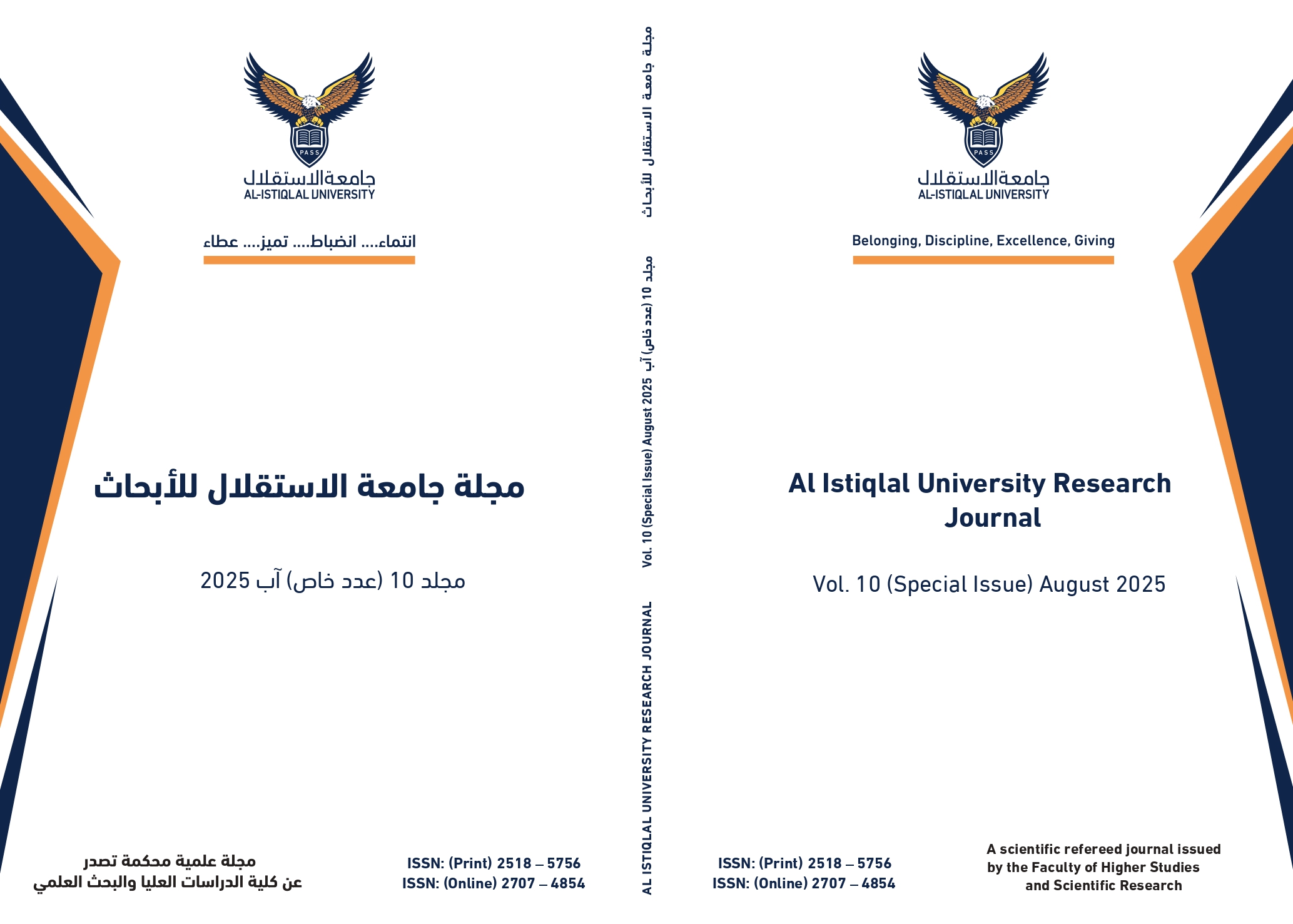Abstract
Objectives: This study addresses the problematic relationship between religion and politics in both Islamic and political thought. It aims to move beyond traditional frameworks that reduce the relationship to a binary of “integration” or “separation,” and seeks to uncover the contemporary challenges arising from this overlap in Muslim societies. The research also aspires to establish a comparative foundation that enhances understanding of the intellectual and conceptual differences between various contexts.
Methods: This study adopts a descriptive–analytical approach to trace the development of theoretical models and conceptualizations of the religion–politics relationship in both Western and Islamic thought. It also employs a comparative methodology to analyze the divergences and intersections between the two traditions. Additionally, a hermeneutic approach is used to interpret relevant texts, along with critical tools to understand religion as a political and symbolic discourse intertwined with structures of power and legitimacy.
Results: The binary of religion and politics in Islamic thought is not fixed; rather, it exhibits diversity and adaptability, historically reflecting a range of approaches—from total integration (as in Al-Mawardi) to pragmatic critique (as in Ibn Khaldun). The political reality in Muslim-majority countries post-Arab Spring revealed the fragility of Islamist ideological projects and their failure to govern effectively within pluralistic democratic systems.
Conclusions: The study proposes new horizons for rethinking this relationship by adopting a hermeneutic understanding of religion as a symbolic–ethical force, rather than a rigid political authority. This perspective enables the formulation of a modern Islamic political model that reconciles citizenship with religious reference, and values with rights.
Keywords: Islamic Political Thought, Political Islam, Political Hermeneutics

This work is licensed under a Creative Commons Attribution-ShareAlike 4.0 International License.
Copyright (c) 2025 Al Istiqlal University Research Journal




